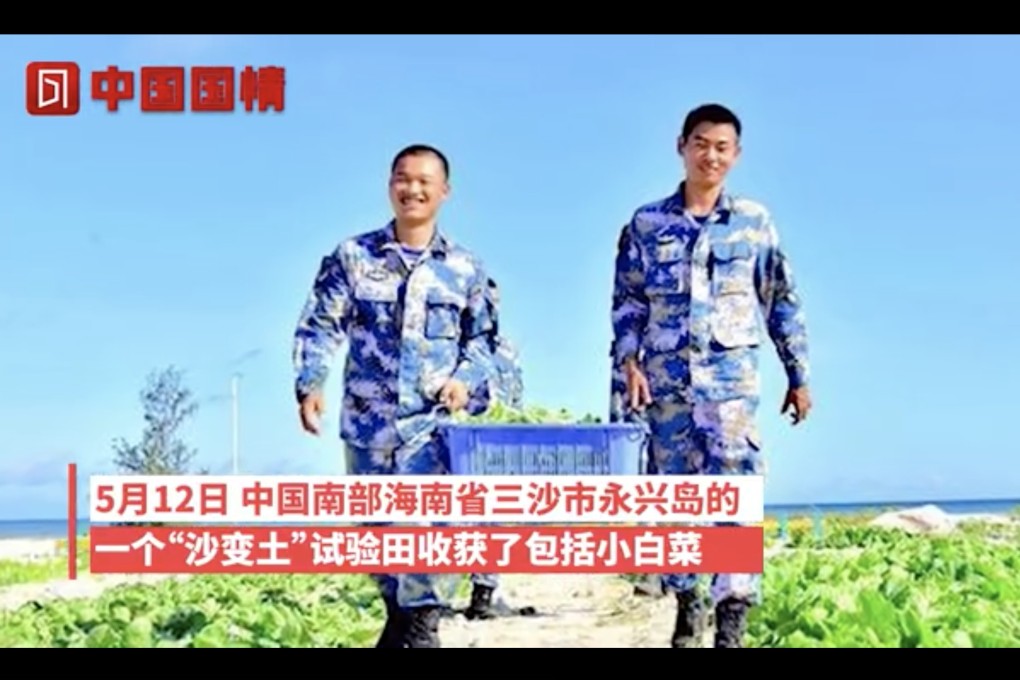Advertisement
Opinion | Don’t hold your breath for a dramatic Southeast Asian pushback against China
- Covid-19 has revealed the two faces of Chinese power: benefactor and bully. As US-China tensions grow and temperatures rise in the South China Sea, Southeast Asia will only become more tense, anxious and constrained
Reading Time:4 minutes
Why you can trust SCMP

Making predictions is difficult, the old saying goes, especially when dealing with the future. The coronavirus pandemic has nonetheless prompted a raft of speculation about its geopolitical impact on Southeast Asia. Some observers have suggested Covid-19 will catalyse a regional pushback against China, others that the virus will lead to a new Chinese-led order in the Indo-Pacific.
As tempting as it is to predict grand transformations, the pandemic is unlikely to fundamentally alter the challenges China poses to Southeast Asia. Instead, it will simply sharpen those that already exist. Covid-19 will be a way station rather than a crossroads.
Since its emergence late last year, Covid-19 has prompted a steady deterioration in relations between the United States and China, an acceleration of pre-existing trends. As Beijing and Washington traded childish insults and conspiracy theories about the origins of the virus, neither has done much to improve its image in a region that worries about nothing more than a runaway escalation in superpower tensions.
Advertisement
For Southeast Asia, Covid-19 has revealed the two faces of Chinese power: the benefactor and the bully. While Beijing has shipped masks and medical equipment to nearly every nation in the region, it has undercut this goodwill by stoking tensions with Vietnam and Malaysia in the South China Sea, and provoking showdowns with regional powers such as India and Australia.
Meanwhile, the belligerent performances of its officials – call it “own-goal diplomacy” – is doing little to engender warm feelings among Southeast Asians.

00:56
US says China behaving aggressively in South China Sea amid coronavirus ‘disinformation campaign’
US says China behaving aggressively in South China Sea amid coronavirus ‘disinformation campaign’
Of course, Southeast Asia has seen this before. As former Malaysian prime minister Abdul Razak observed in 1971, Southeast Asia’s proximity to China ensures its countries are the first to live with the consequences of Chinese policies.
Advertisement
Select Voice
Select Speed
1.00x
